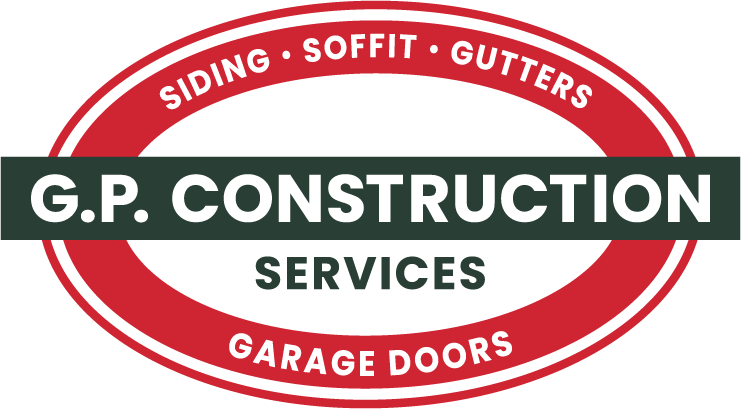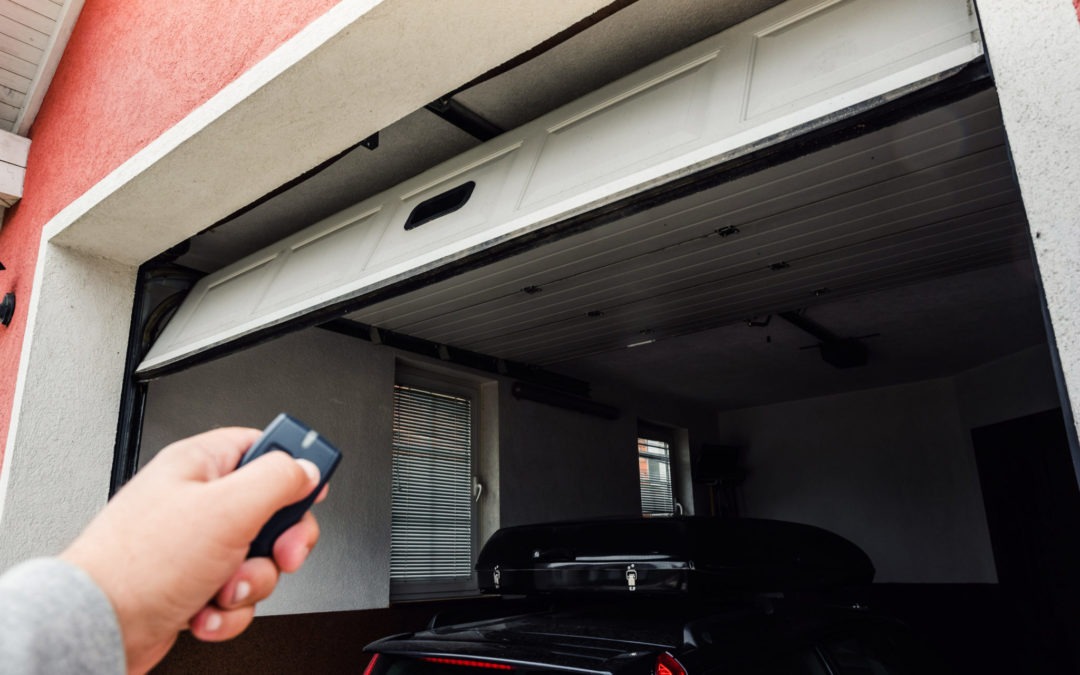Certain garage door openers are noisier than others. For some, a noisy garage door opener is a little annoying; for others, it is a cause to wake up at night. The noise level is determined mainly by the drive type, gear assembly, and running speed. But what do you do if your garage door makes loud noise when opening?
Though your garage door opener is installed directly under your bedroom, even if the garage door motor is relatively quiet, vibrations passing through the wood studs typically sound and feel harsher in the room above.
Additionally, the punch angle gauge, door balance, good maintenance, and proper installation may all contribute to or decrease garage door noise.
Although a skilled ear is required to determine the source of the noise (loose brace, lack of lubrication, grounded gear, etc. ), adding oil and tightening the bolts should often resolve the issue.
Another critical step is to ensure that your garage door is balanced and operates properly. If your garage door is used vigorously, the motor will generate additional noise and vibrations precisely like a vehicle does while climbing a hill or hauling a large load.
In the case that your garage door makes a loud noise when opening, below could be the potential cause.
Garage Door Balance
Garage doors must be balanced in order to function effectively. Although the test to verify whether your door is balanced is straightforward, it is also potentially hazardous. Without it, you will not be able to immediately discover what is causing your garage door to be loud.
It is strongly recommended that skilled professionals perform this garage door repair. While a functioning door will move very little, if at all when it is out of balance, it may fall more rapidly than anticipated. This is because testing requires physically raising the door and waiting for it to move.
Garage Door Openers
Three distinct types of openers are available, based on personal choice. While belt and screw drive solutions are quieter, a chain drive is a more affordable and durable option. In actuality, such noise is little in comparison to what is heard when anything goes wrong.
Gears and sprockets may be to blame for the noise, but the belt, the quietest choice, may also be to blame. In any case, attempting to fix your noisy garage door on your own is a dangerous venture that might put you in the emergency room.
Rollers
One of the most fundamental issues contributing to garage door noise is the installed rollers. Many individuals still use metal rollers, which results in louder sounds due to the metal track they’re on.
To prevent this issue and the inconvenience of having to lubricate the rollers on a regular basis, many individuals opt for nylon rollers. The noise reduction and the very affordable remedy create a more tranquil environment.
Connections
The components that hold the garage together wear down over time and will gradually begin to loosen without at least minimal maintenance. When this occurs, the nuts and screws that secure the track or door must be tightened, but this is also not a task for the amateur handyman. That is because far too many of these people injure themselves or worse while attempting to fix a loud garage door.
By entrusting this task to an expert, they will know precisely what to check for when they hear rattling or rumbling. While it may be as easy as greasing hinges, dealing with a broken door has certain risks that may damage the typical individual unaware of such repair details.
Tips For Why Garage Door Makes Loud Noise When Opening
While a garage door will always produce some noise, there are certain things you can do to assist in lessening the volume. Instead of fixing your loud door, call a specialist. While checking and fixing the garage door, turn off the automated setting. Remember that if your garage door won’t open or shut, or if it’s off track, you might be harmed attempting to repair it.
Here are some Simple garage door noise reduction tips:
Tighten the nuts and bolts using a tool and a screwdriver. Make sure they’re not too tight, or you’ll strip the lag screw holes.
Replace or lubricate rusted metal garage door rollers. Until the noise ceases, lubricate your rollers and hinges. You may use the manufacturer’s lubricant or a similar one.
Adjust the torsion and extension springs: Located over your closed garage door. The extension spring is located by the door tracks. Check your springs before applying lubrication. If they did, have your springs replaced by an expert. If not, oil the springs using the manufacturer’s spray. Handle these springs with care. They might snap, posing a risk to you and your property.
If you’ve glanced over the garage door and it’s still making noise, check the opener. Follow the manual’s instructions to lessen garage door opener noise. A slack chain or belt might rattle or slap. Contact the manufacturer if the garage door opener’s belt or chain is loose. Then grease it with the lubricant they provided.
Regular maintenance checks: The garage door may still create noise after a thorough examination. Hire a specialist to assess and repair any damage. Make an appointment to get your garage door inspected at least once a year.
Garage Door Repair At GP Construction Services!
We provide a complete line of garage doors and openers for new construction as well as garage door replacement. We provide garage door servicing and repair for existing doors and openers of all brands and models. GP Construction Services provide solutions to meet your demands regardless of the size of your task or budget, and we will provide a free estimate for all your needs! Contact us today!

